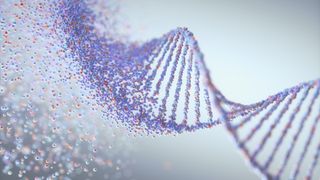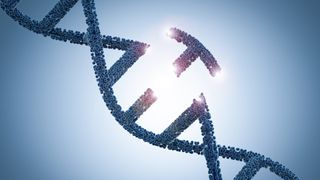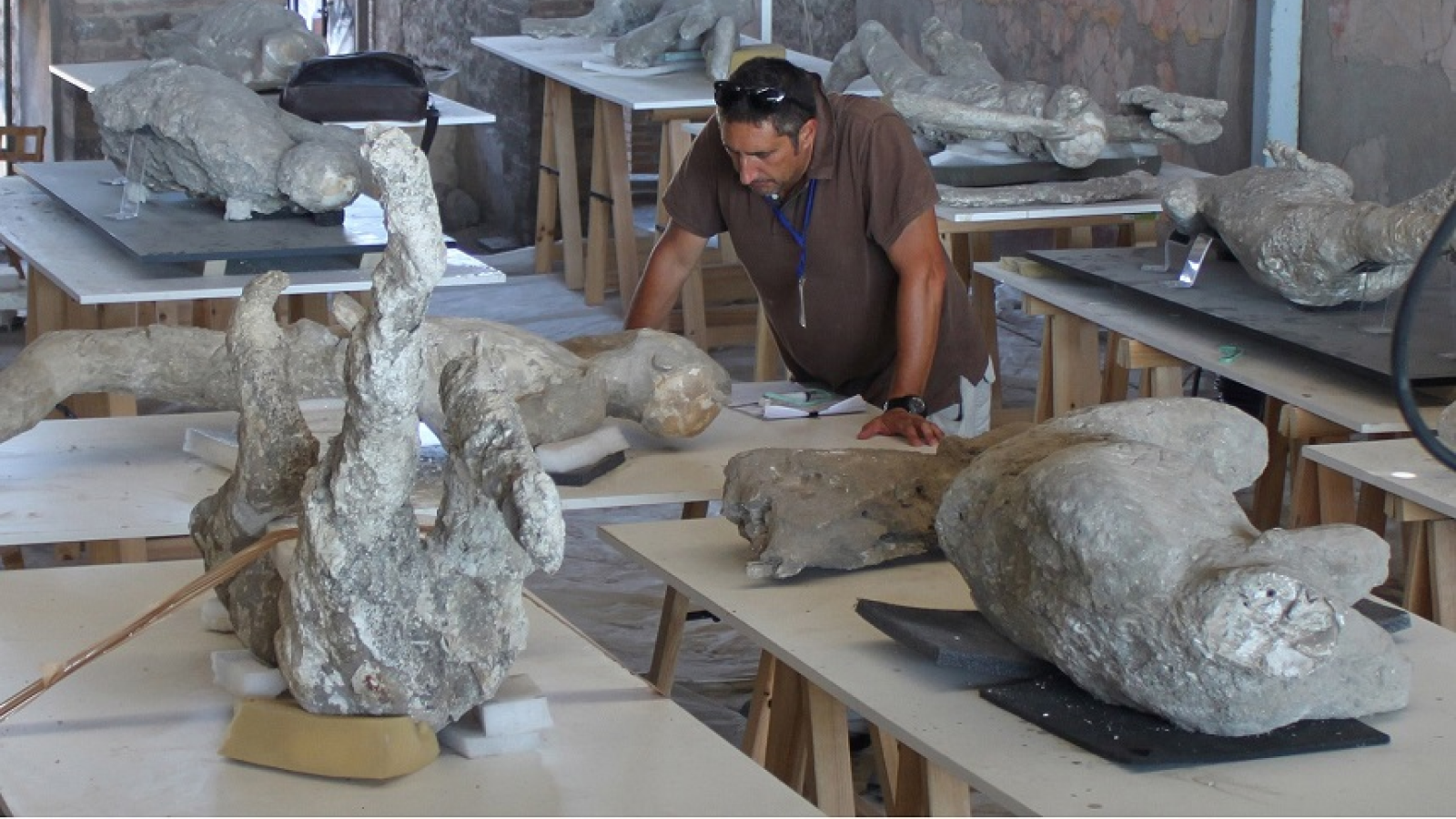CRISPR
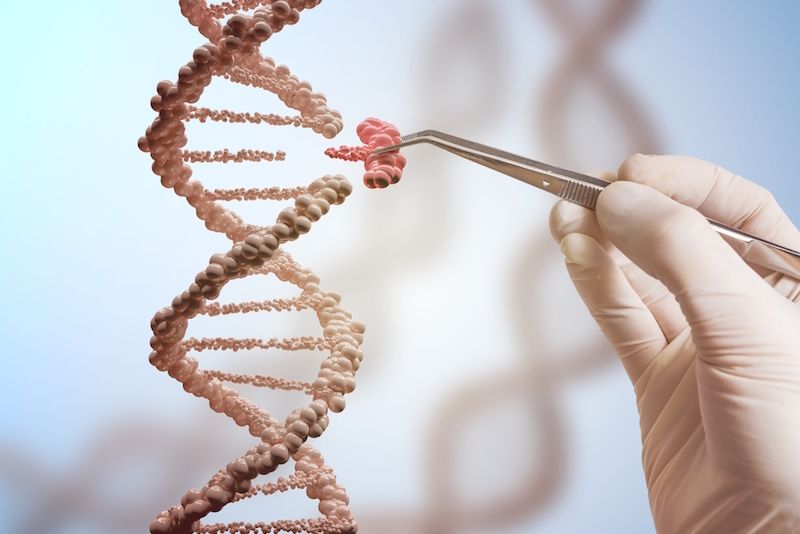
Crispr technology is sort of like a pair of tiny and precise scissors for the molecular world. This gene-editing tool can snip out sections of DNA and replace them with new, healthy genetic stretches. Scientists and doctors have high hopes for its health implications, and they’ve used it to alter severe genetic defects in single-celled embryos. Here, Live Science brings you news and features surrounding Crispr achievements and challenges.
Latest about CRISPR
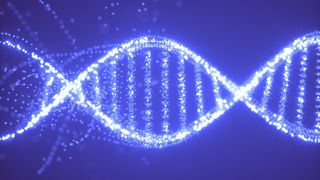
Gene that human ancestors lost millions of years ago could help treat gout
By Jennifer Zieba published
Researchers used evolutionary genetics and CRISPR gene editing tech to develop an innovative treatment for gout. The approach has yet to be tested in humans.
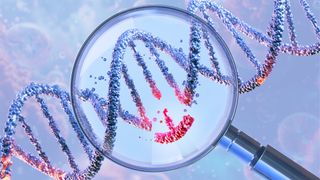
Diabetic man produces his own insulin after gene-edited cell transplant
By Lydia Smith published
The new proof-of-concept study points a way to curing diabetes without the need for immune-suppressing drugs.

Scientists reveal how viruses hidden in our DNA control our genes
By Ben Turner published
A new study has revealed that "junk DNA" descended from ancient viruses could play a key role in controlling genes.
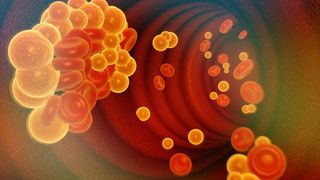
Experimental treatment for high cholesterol edits DNA in the body to reduce LDL
By Nicoletta Lanese published
An experimental treatment called VERVE-102 lowers the amount of "bad" cholesterol in the blood of people with specific cholesterol-raising conditions.

US baby receives first-ever customized CRISPR treatment for genetic disease
By Nicoletta Lanese published
A baby known as KJ is the first person in the world to receive a customized CRISPR therapy designed to fix a specific mutation.
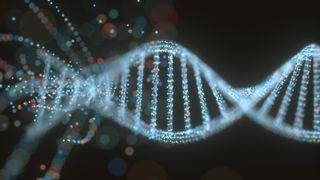
New CRISPR alternative can 'install' whole genes, paving the way to treatment for many genetic disorders
By Nicoletta Lanese published
A new gene editor takes advantage of CRISPR-associated proteins to insert whole genes into the genome, scientists report.

Colossal's de-extincted 'dire wolf' isn't a dire wolf and it has not been de-extincted, experts say
By Sascha Pare published
Scientists recently revealed that they have "brought back" extinct dire wolves thanks to genetic engineering — but experts say the newly created animals are only like dire wolves in appearance.

The biggest health news of 2024, from bird flu to CRISPR
By Nicoletta Lanese published
Health channel editor Nicoletta Lanese looks back on some of our standout health stories from 2024.
Get the world’s most fascinating discoveries delivered straight to your inbox.


